Table of Contents
Not all tea bags are suitable for composting because some are made of polypropylene plastic, which can contaminate your compost with chemicals and microplastics. However, since paper, and abaca tea bags are plant-based, they can contribute to a nutritious compost for your garden.
Tea bags made from plastic derivatives like polyethylene terephthalate (PET), and polylactic acid (PLA) are ideal for industrial composting. Organic gardeners can discard these tea bags from their home compost or consider alternatives for composting tea bags.

To start composting, cut compostable tea bags into smaller pieces to speed up the decomposition process. Tea bags provide an excellent source of nitrogen for microorganisms in your pile, but adding them can contribute to excess moisture. To minimize this risk, squeeze the water out of the tea bags, closely monitor moisture levels and add more brown materials to the pile, such as dried leaves or shredded papers.
If composting isn’t feasible at home, there are other ways to make use of tea bags.
Use this comprehensive guide to compost your tea bags today and help your garden flourish!
Types of Tea Bags for Composting
Many tea bags from your local grocery store are not made of organic materials. Manufacturers often use paper, polypropylene plastic, or a combination of both to produce them. Before composting, determine the tea bag material by looking at the product’s label. The following types of tea bags are appropriate for composting:
Paper Tea Bags
Paper tea bags are compostable. With proper preparation, they can be added directly into your compost, helping accelerate the decomposition process. The Republic of Tea®️’s signature round tea bags feature unbleached, chlorine-free materials without wrappings, strings, tags or staples. After drinking your steeped tea, place the bags in your compost bin.
Teatime should generate minimal waste for landfills. Bigelow®️ tea bags are 100% biodegradable and free of bleach and dioxin chemicals. Incorporate them into your compost for extra nutrients as a sustainable waste management approach.
Stash Tea®️ produces tea bags from 100% chlorine-free wood paper cellulose. They fold and thread their bags with a string, eliminating the need for glue. These bags make excellent compost additions!
Tetley®️ is actively working to remove single-use packaging from its products. The company recently introduced Tetley Original 120s and 240s in plastic-free, biodegradable tea bags in support of sustainability.
Abaca Tea Bags
Abaca plant fibers come from Southeast Asian banana species, especially those found in the Philippines. Also known as Manila Hemp, these natural fibres are used to produce naval ropes and tea bags! Tea brands like Yogi Tea®️ and PG Tips®️ package their tea leaves using this plant-based material.
To produce a nutritious addition for your garden plants, carefully prepare these compostable tea bags!
How to Compost Tea Bags
Once you have identified which of your tea bags are compostable, you can begin carefully preparing them for the pile. Following these steps and conditions ensures successful composting with tea bags.
Preparing Tea Bags for Composting
After steeping, remove any excess liquid from your compostable tea bags. Excess liquid may cause an anaerobic environment in your compost, resulting in unpleasant odors.
Remove any non-biodegradable components found in the tea bags. Plastic tags–if any–should be cut from the bag and discarded. Most tea bag strings consist of compostable cotton or natural fibers. If they are not, throw the strings into your trash bin.
Metal staples used to attach the string can be added to your compost bin, providing iron for your heap. Their small size shouldn’t pose any major issues for the composting process. However, if you prefer a purely organic compost bin, discard the staples as well.
For tea bags heat-sealed with adhesives, cut them open and discard the adhesive edges to prevent problems during composting.
Cut the compostable tea bags into smaller pieces to speed up the decomposition process. Tea bags are excellent sources of nitrogen for the microorganisms breaking down your organic waste. Pair the tea bags with carbon-rich brown materials like shredded cardboard, newspaper, and sawdust. Maintain a balanced mix of these materials to produce natural compost.
Optimal Composting Conditions for Tea Bags
Balance high-nitrogen green materials, such as food waste and grass clippings, with carbon-rich brown materials. Aim for an ideal Carbon:Nitrogen (C:N) ratio of approximately 25 to 30 parts brown material to 1 part green material. Achieving this balance leads to a successful compost.
Be aware that adding used tea bags could make your compost bin overly damp. Excess water creates an anaerobic environment and may cause foul odors in the compost. To minimize this concern, turn the pile on a regular basis. Monitor your compost pile’s moisture level and if it drops too low, add water as needed. A dry compost pile can slow down the decomposition process.
For hot composting, maintain the optimal temperature range of 90 to 140 degrees Fahrenheit, allowing your organic matter to cook continuously. Turning the pile introduces oxygen to the mixture, increasing the temperature as needed.
A well-maintained compost pile guarantees tea bags decompose properly and efficiently, resulting in a nutritious compost product!
How Long Does Tea Bags Take To Compost?
Biodegradable tea bags typically take 3 to 6 months to decompose fully, depending on your compost’s conditions. Hot composting generally breaks down organic tea bags faster than cold composting.
How Tea Bags Affect the Composting Process
Proper preparation of tea bags can positively impact your compost!
Impact on Decomposition
Uncut tea bags can cause clumping, potentially slowing down the decomposition process. Tea bags are rich in nitrogen, and help develop microorganisms that break down your organic waste. Discard tea bags with polypropylene, since they are not suitable for home composting.
Microbial Activity
Tea leaves in the bag promote microbial growth in your compost heap by supplying valuable nitrogen. When balanced with brown materials, the decomposition process becomes efficient. However, adding tea bags with plastic or polypropylene components can disrupt microbial activity.
Temperature and Moisture
Pouring hot water over your tea bag and immediately adding it to your compost pile can contribute to excessive moisture, which slows down the decomposition process. To prevent this, squeeze out water from the tea bag, monitor moisture levels closely and add more brown materials like dried leaves or shredded papers to the pile. Turn the pile regularly to maintain the optimal temperature range of 90 to 180 degrees Celsius, ensuring microbial activity.
Potential Issues With Composting Tea Bags
Composting tea bags may present a few potential issues. However, there are preventive measures available to minimize these risks!
Will Composting Tea Bags Attract Pests?
Composting tea bags usually does not attract pests if your compost pile is well-maintained. Most tea leaves are dried and processed, lessening the likelihood of pest problems in your compost. A well-maintained compost pile will have fewer problems with minimizing pests. Balance brown materials with green materials, control moisture and aerate the heap if needed.
Will Composting Tea Bags Cause Odors?
Composting tea bags can cause unpleasant odors in your compost pile if not prepared properly. A damp compost creates an anaerobic environment, resulting in odors. To prevent this, squeeze out excess water after steeping when preparing compostable tea bags. If your compost becomes too wet, aerate the pile by turning it or add more brown materials when necessary.
Methods for Composting Tea Bags
There are various options for composting tea bags. Explore below and choose which best suits your lifestyle and resources!
Hot Composting
Compostable tea bags are suitable for hot composting! They are an excellent nitrogen-rich component for the microorganisms in the hot compost. Combine compostable tea bags with brown materials mentioned before and balance them with green materials like kitchen waste and grass clippings. You can follow the One Bucket Greens and Two Buckets Browns method as an easy way to ratio these two categories. To successfully compost, check and turn the compost pile on a regular basis, keeping the temperature between 90 and 140 degrees Fahrenheit.
Cold Composting
The simplest composting method, cold composting is also appropriate for compostable tea bags. The decomposition of your organic materials occurs through the help of natural organisms. This requires little to no human intervention during the composting process. However, cold composting takes a longer time to generate a healthy additive for your garden soil and plants than hot composting.
Vermicomposting
Through vermicomposting, worms can convert tea bags into nutrient-rich compost. Remove any non-biodegradable components from the compostable tea bags, especially plastics and metals. These may introduce harmful chemicals to your worm farm. Tea bags made out of polypropylene plastic are better off in the trash than in your worm bin.
Bokashi Composting
You can include tea bags in your Bokashi bin! Fermentation turns tea bags and other biodegradable materials into a nourishing supplement for soil and plants. This technique uses a special Bokashi container to isolate your materials. A distinctive mixture of inoculant bran aids in completing the decomposition process for your tea bags.
Alternatives to Composting Tea Bags
If composting at home isn’t your cup of tea, there are also eco-friendly alternatives for disposing of tea bags!
Industrial Composting of Tea Bags
Industrial composting facilities can accept kitchen wastes like tea bags for commercial composting. These facilities can also handle tea bags made with polypropylene plastic!
Contact your local facility to find out how they accept such waste.
Reusing Tea Bags
There are countless ways to reuse tea bags that tea lovers will find useful. Explore the options below before tossing them into the trash bin!
For Beauty Use
Puffy eyes in the morning aren’t the prettiest! Moisten used tea bags and let them chill in the refrigerator. Once cold, place them on your eyelids or below your eyes. After waiting 5 minutes, the caffeine and tannins in the tea bags will constrict blood vessels and reduce blood flow, which can decrease puffiness.
To ease itchy bug bites, use the tannins from black tea. Dampen a used tea bag with warm water and apply it to the bug bite for 15 to 20 minutes. The tea bag soothes irritation on the skin, thanks to the astringent properties of tannins.
For clearer skin, try using green tea bags. Place a warm, moist tea bag on your pimple for acne relief. Green tea contains plant-based substances called catechins, which provide antioxidant and anti-inflammatory benefits to help ease acne breakouts.
For Household Use
Freshen up your smelly refrigerator by placing a jar of used tea bags–especially black tea. Black tea leaves absorb unnecessary smells and excess moisture from your fridge! You can also use tea as a carpet freshener. Open your dry tea bags–save them for composting if they are suitable–and sprinkle the tea leaves on your carpet. Let them sit overnight and vacuum them up the next morning for a fragrant home!
To make your glass and wood floors sparkle, spray steeped weak tea from used tea bags. This natural cleaner leaves no lint and produces an eye-catching shine. You can also use the solution to spruce up wooden furniture.
Disposal Options for Tea Bags
If none of the options above are possible, you should properly segregate tea bags and dispose of them in an appropriate waste bin.
What Tea Bags Shouldn’t Be Composted?
Tea bags consisting of polypropylene plastic–even in trace amounts–are not compostable at home. Instead, send them to industrial composting facilities, where they have the proper tools to handle such materials. Additionally, pyramid tea bags made from corn-based plastic polyethylene terephthalate (PET) aren’t suitable for home composting.
Mighty Leaf®️ tea pouches use cornstarch-derived polylactic acid (PLA) and unbleached cotton with soy-inked paper tags. Although these pouches are compostable at home, Mighty Leaf®️ suggests commercial composting because it utilizes higher temperatures to process PLA compared to standard backyard composting.
Other brands in the market that use PLA in their tea bags include Numi®️, Twinings®️, Yorkshire Tea®️, and Good Earth™. Contact your nearest composting facility to dispose of those bags sustainably.
Be cautious of paper tea bags with thermoplastic lining, as these may end up as plastic casings in your compost. If this happens, you can pick them out individually from your compost.
Currently, Harney & Sons Master Tea Blenders™ use 40% compostable sugarcane in their tea bags, making it not 100% plastic-free.
If you want to keep your compost purely organic, it’s better to discard these types of tea bags.
Why Some Tea Bags Shouldn’t Be Composted
Tea bags containing plastic should not go to your pile because you may contaminate your compost with chemicals. You may hurt the community of beneficial microbes composting your organic matter. Furthermore, adding plastic tea bags introduces microplastics into your garden, which may harm plant health. Responsibly toss plastic tea bags into an appropriate waste bin.
Safety and Precautions When Composting Tea Bags
To minimize potential concerns when composting tea bags, prepare the materials correctly and maintain the optimal conditions for the compost pile.
After handling your compost pile, wash your hands with running water with soap.
FAQ
Can I compost tea bags with mold on them?
Yes, you can compost moldy tea bags as long as they consist of organic paper materials. Moldy tea bags have already started decomposing, which accelerates the composting process of your organic matter. If you have immunity or respiratory issues, wear gloves and a face mask while composting moldy tea bags to avoid irritation from mold spores.
Do used tea bags make good compost?
Compostable tea bags provide essential nitrogen to your compost pile, necessary for microorganisms to break down organic waste. Make sure to identify whether the used tea bags consist of paper or abaca materials. Prepare these compostable bags carefully by cutting them into smaller pieces, which can speed up decomposition. After 3 to 6 months (depending on your compost’s conditions), you can produce healthy compost for your garden.
Could my tea bags be toxic to my compost?
Some tea bags are made out of toxic polypropylene plastic which should be discarded from your home compost. Chemicals from this compound may harm beneficial microorganisms and become microplastics. Other tea bags consisting of organic plastic derivatives like polyethylene terephthalate (PET) and polylactic acid (PLA) are encouraged for industrial composting.


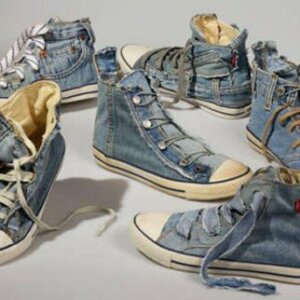

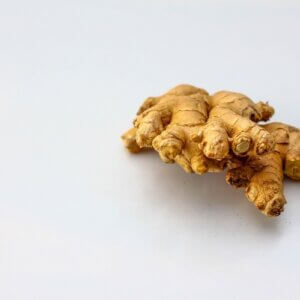



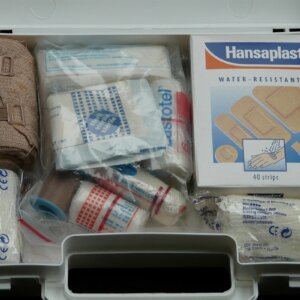





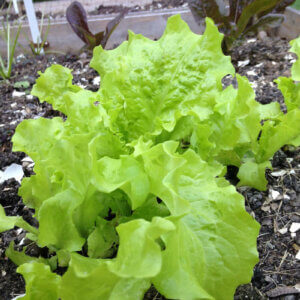


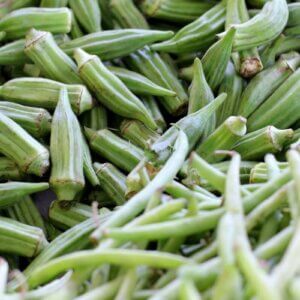

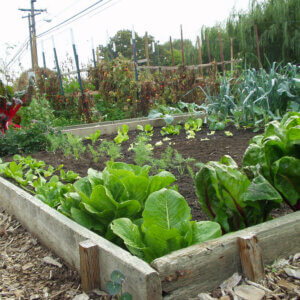
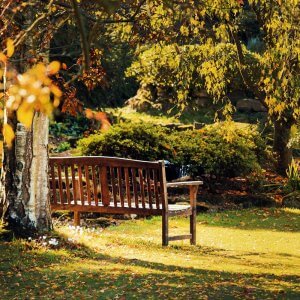
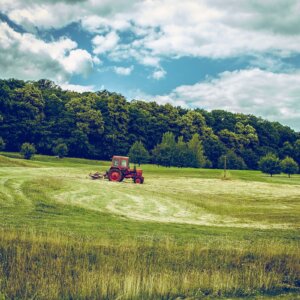
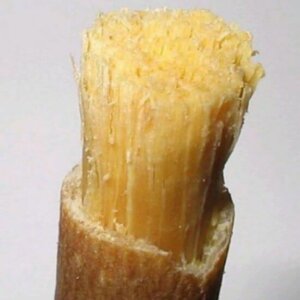
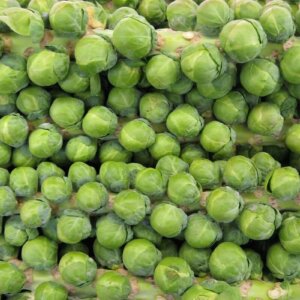
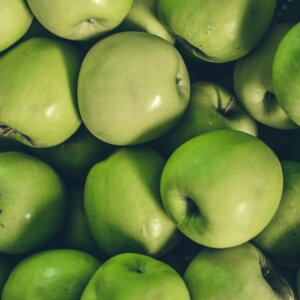


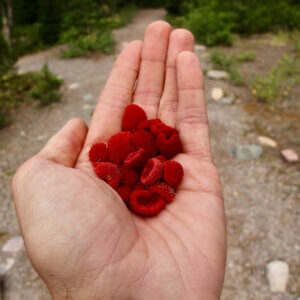
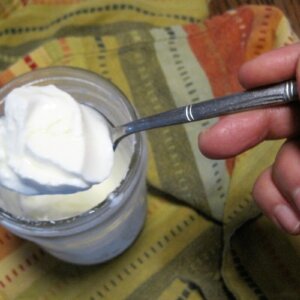
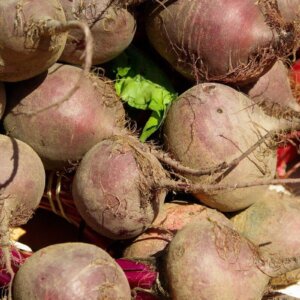
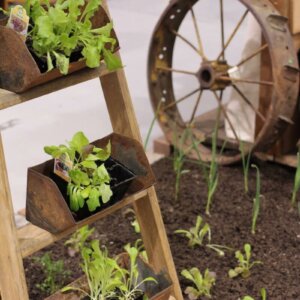



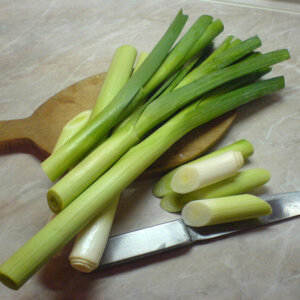


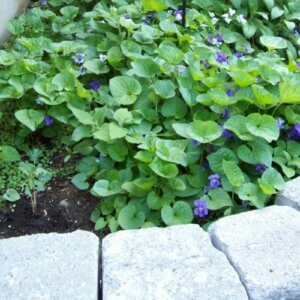
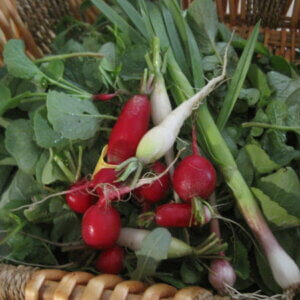
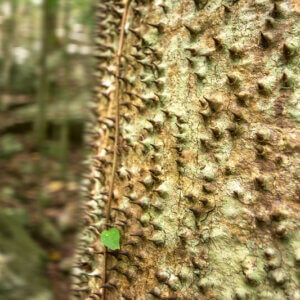


According to my research, some tea bags are made with plastic materials that do not decompose. Did you come accross this in your research? Seems a very important consideration for those composting tea bags.
Hello, Ander! Tea bags made from plastic derivatives like polyethylene terephthalate (PET), and polylactic acid (PLA) are ideal for industrial composting. Home composts cannot produce the optimal conditions needed to break down these materials properly.